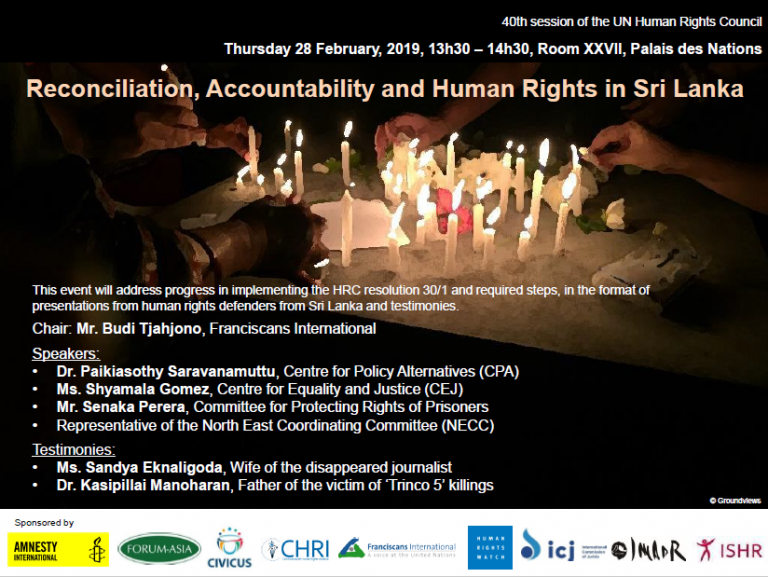
Feb 28, 2019 | Events, News
This event will address progress in implementing Human Rights Council resolution 30/1 and required steps, in the format of presentations from human rights defenders from Sri Lanka and testimonies.
Date: Thursday, 28 February 2019
Time: 13.30 – 14.30
Venue: Room XXVII, Palais des Nations
Chair: Mr. Budi Tjahjono, Franciscans International
Speakers:
- Dr. Paikiasothy Saravanamuttu, Centre for Policy Alternatives (CPA)
- Ms. Shyamala Gomez, Centre for Equality and Justice (CEJ)
- Mr. Senaka Perera, Committee for Protecting Rights of Prisoners
- Representative of the North East Coordinating Committee (NECC)
Testimonies:
- Ms. Sandya Eknaligoda, Wife of the disappeared journalist
- Dr. Kasipillai Manoharan, Father of the victim of ‘Trinco 5’ killings
Sponsors:
- Asian Forum for Human Rights and Development (FORUM-ASIA)
- Amnesty International
- CIVICUS
- Commonwealth Human Rights Initiative (CHRI)
- Franciscans International
- Human Rights Watch (HRW)
- International Commission of Jurists (ICJ)
- International Movement Against all forms of Discrimination and Racism (IMADR)
- International Service for Human Rights (ISHR)
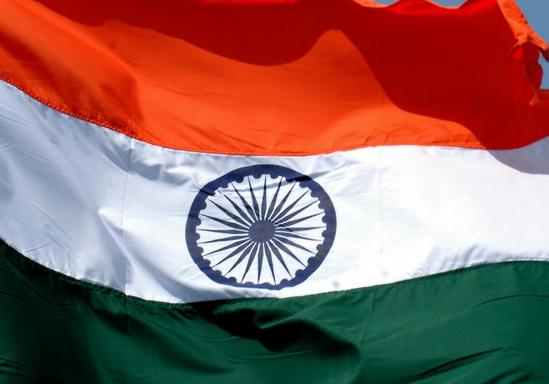
Feb 28, 2019 | Advocacy, News
The ICJ made a submission to Mr. Léo Heller, the United Nations Special Rapporteur (Special Rapporteur) on the human rights to water and sanitation, in response to a call for submission in advance of the Special Rapporteur’s 2019 Human Rights Council Report on the human rights to water and sanitation in spheres of life beyond the households, in particular in public spaces.
The ICJ’s submission focuses on the status and the impact of inadequate access to water and sanitation on lesbian, gay, bisexual, transgender and queer individuals (LGBTQ), and more specifically on transgender persons and non-binary persons, in India.
ICJ’s submission draws on its ongoing work on the human rights of LGBTQ persons in India, where from 2017 to date, the ICJ has studied LGBTQ persons’ access to and enjoyment of economic, social, and cultural rights, focusing on access to adequate housing, decent work, and public spaces and services including water and sanitation. The goal is to reveal, address, and reduce discriminatory treatment against LBGTQ persons in accessing economic, social and cultural rights as a result of discriminatory laws and practice through advocacy with the Indian State and with the United Nations.
Read the full submission here.
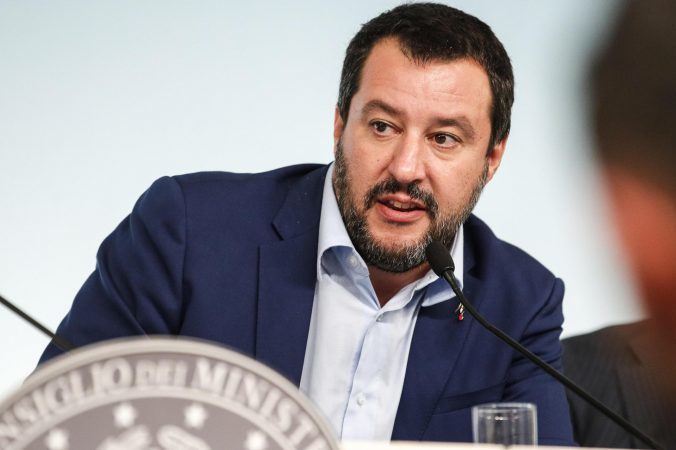
Feb 19, 2019 | News
The ICJ today called for the Italian Senate to allow for the investigation of the Minister of Interior and Vice-President of the Council of Ministers, Matteo Salvini, for his role in the alleged arbitrary deprivation of liberty of some 177 persons, including potential refugees, held for five days on the “U-Diciotti” boat last summer.
The ICJ said that the Italian Senate’s Commission on Elections and Immunities should recommend the authorization of the criminal investigation to the full Senate, where Matteo Salvini also sits as a Senator.
“The decision on investigation of gross human rights violations such as mass and arbitrary deprivation of liberty should not be subject to political scrutiny but be left to the assessment of the judiciary,” said Massimo Frigo, Senior Legal Adviser for the ICJ Europe Programme.
The indictment for “kidnapping” against Minister Salvini has already been approved at the judicial stage by the Tribunal of Ministers of Catania, which affirmed that Minister Salvini is alleged to have abused his administrative power in this matter for the political goal of negotiating resettlements with other European countries.
“No human being should effectively be made hostage for the purpose of political negotiations,” said Massimo Frigo.
“It does not matter which country may have been primarily responsible for the rescue at sea. No authority may arbitrarily restrict of the right to liberty of 177 human beings,” he added.
The ICJ considers that it is highly problematic for the principle of the rule of law that the decision on prosecution for a crime underlying a gross violation of human rights, such as kidnapping, be entrusted to a political body.
This decision should be left to the judiciary based on legal and not political grounds.
Under international human rights law, including the European Convention on Human Rights and the International Covenant on Civil and Political Rights, States have an obligation to investigate, prosecute, try and, if found guilty, convict persons responsible of gross violations of human rights, among which counts the arbitrary deprivation of liberty.
This applies to all State officials, irrespective of their position of authority.
Contact
Massimo Frigo, ICJ Senior Legal Adviser, t: +41 22 979 38 05 ; e: massimo.frigo(a)icj.org
Background
The Italian “U. Diciotti” boat was at the centre of a political scandal last August when the Minister of Interior Matteo Salvini refused disembarkation of 177 people for several days in order to negotiate their resettlement with other European countries.
While the boat entered Italian waters on 20 August, they were eventually disembarked in the night between Saturday 25 and Sunday 26 August after some countries and the catholic church made some nominal declaration of resettlement or reception.
Minister Salvini was later accused of “kidnapping” for having arbitrarily deprived of their liberty the 177 persons on board the “U.Diciotti”. While the prosecutor in the case asked for the dismissal of the charges, the Tribunal of Ministers, composed of ordinary judges, that is responsible for the legal assessment of the indictment, held the indictment to be in accordance with the law and that sufficient suspicion existed to warrant an investigation.
According to article 96 of the Constitution and articles 8-9 of the Constitutional Law no. 1 of 16 January 1989, it is up to the Parliament to authorize the investigation and prosecution of a Minister. The decision would therefore be up to the Senate in the case of Minister Salvini, as he is a Senator. The Senate may refuse by absolute majority, if it considers “that the person has acted for the protection of a State interest that is constitutionally relevant or for the pursuance of a preminent public interest in the function of Government” (unofficial translation). No appeal is possible against this decision.
Reportedly, the President of the Council of Ministers, Giuseppe Conte, the Vice-President of the Council of Ministers, Luigi Di Maio, and the Minister Danilo Toninelli, have submitted observations to the Senate’s Committee holding that the decision in the case was the reflecting the line of the whole Government and not only of the Minister of Interior.
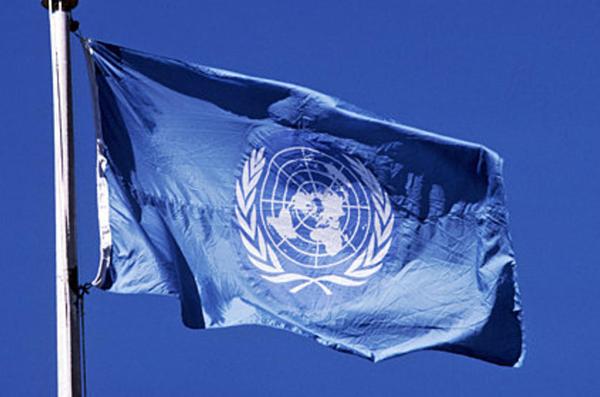
Feb 18, 2019 | Advocacy
National, regional and international NGOs, including the ICJ, play a critical role in the work of the treaty bodies through monitoring the implementation of the treaties at the national level, providing information to the treaty bodies, and encouraging states to give effect to the treaty bodies’ recommendations.
This document contains a call from NGOs for an inclusive review process on treaty body strengthening.
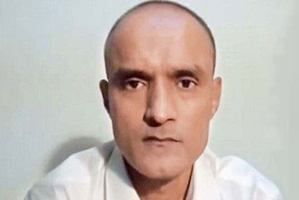
Feb 15, 2019 | News
The International Court of Justice will hold public oral hearings in India v. Pakistan (Jadhav case) from 18 to 21 February 2019. Before they commence, the International Commission of Jurists (ICJ) has published a briefing paper to clarify the key issues and relevant laws raised in the case in a Question and Answer format.
The case concerns Pakistan’s failure to allow for consular access to an Indian national, Kulbhushan Sudhir Jadhav, detained and convicted by a Pakistani military court on charges of “espionage and sabotage activities against Pakistan.”
India has alleged that denial of consular access breaches Pakistan’s obligations under Article 36(1) of the Vienna Convention on Consular Relations (VCCR), to which both States are parties.
Pakistan has argued, among other things, that the VCCR is not applicable to spies or “terrorists” due to the inherent nature of the offences of espionage and terrorism, and that a bilateral agreement on consular access, signed by India and Pakistan in 2008, overrides the obligations under the VCCR.
ICJ’s Q&A discusses the relevant facts and international standards related to the case, including: India’s allegations against Pakistan; Pakistan’s response to the allegations; the applicable laws; and the relief the International Court of Justice can order in such cases.
Contact:
Frederick Rawski (Bangkok), ICJ Asia Pacific Regional Director, e: frederick.rawski(a)icj.org
Reema Omer (London), ICJ International Legal Adviser, South Asia t: +447889565691; e: reema.omer(a)icj.org
Additional information
While the case at issue is limited to denial of consular access under the VCCR, it engages other critical fair trial concerns that arise in military trials in Pakistan.
The International Commission of Jurists has documented how Pakistani military courts are not independent and the proceedings before them fall far short of national and international fair trial standards. Judges of military courts are part of the executive branch of the State and continue to be subjected to military command; the right to appeal to civilian courts is not available; the right to a public hearing is not guaranteed; and a duly reasoned, written judgment, including the essential findings, evidence and legal reasoning, is denied.
The case also underscores one of inherent problems of the death penalty: that fair trial violations that lead to the execution of a person are inherently irreparable.
Download the Q&A:
Pakistan-Jadhav case Q&A-Advocacy-Analysis brief-2019-ENG









